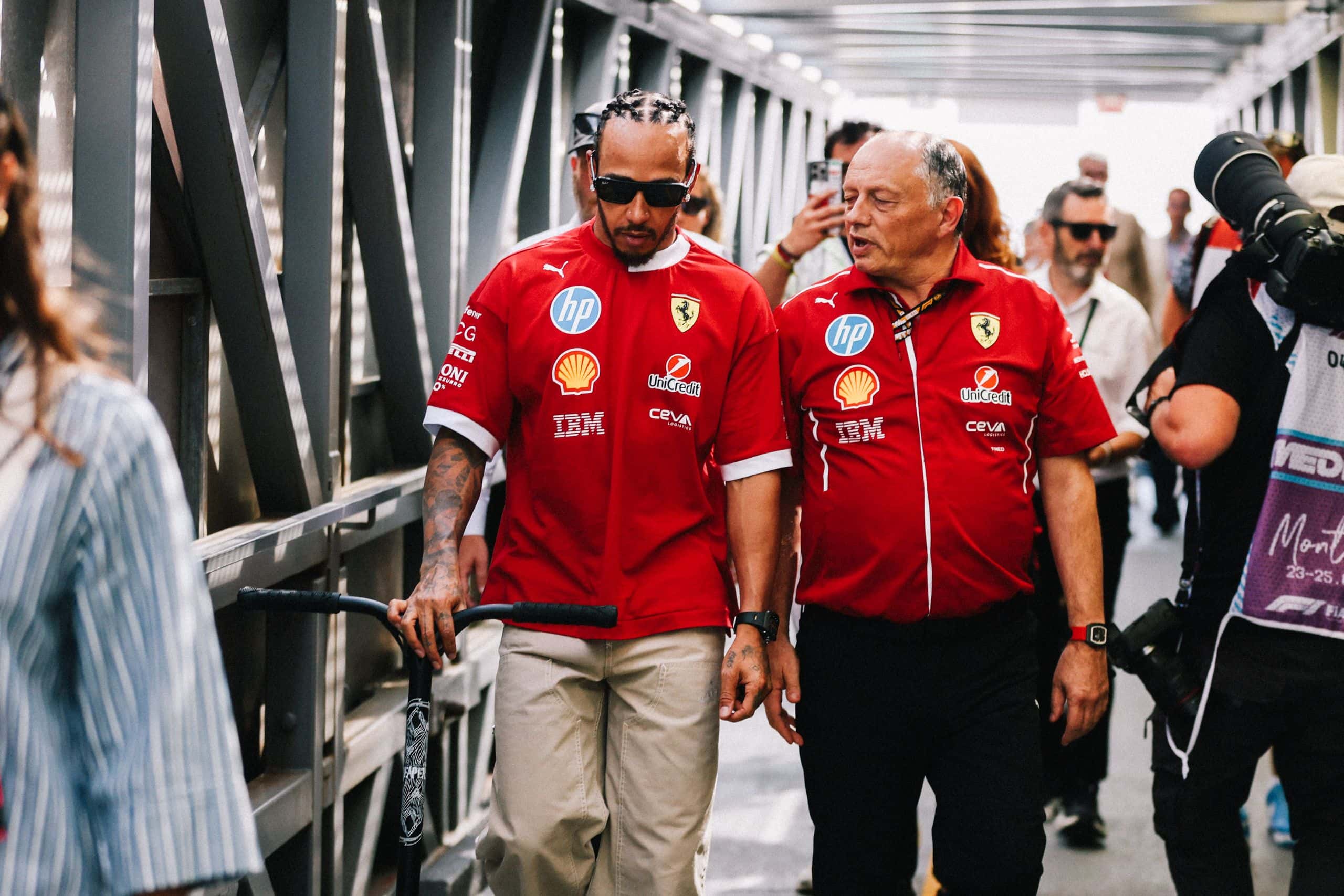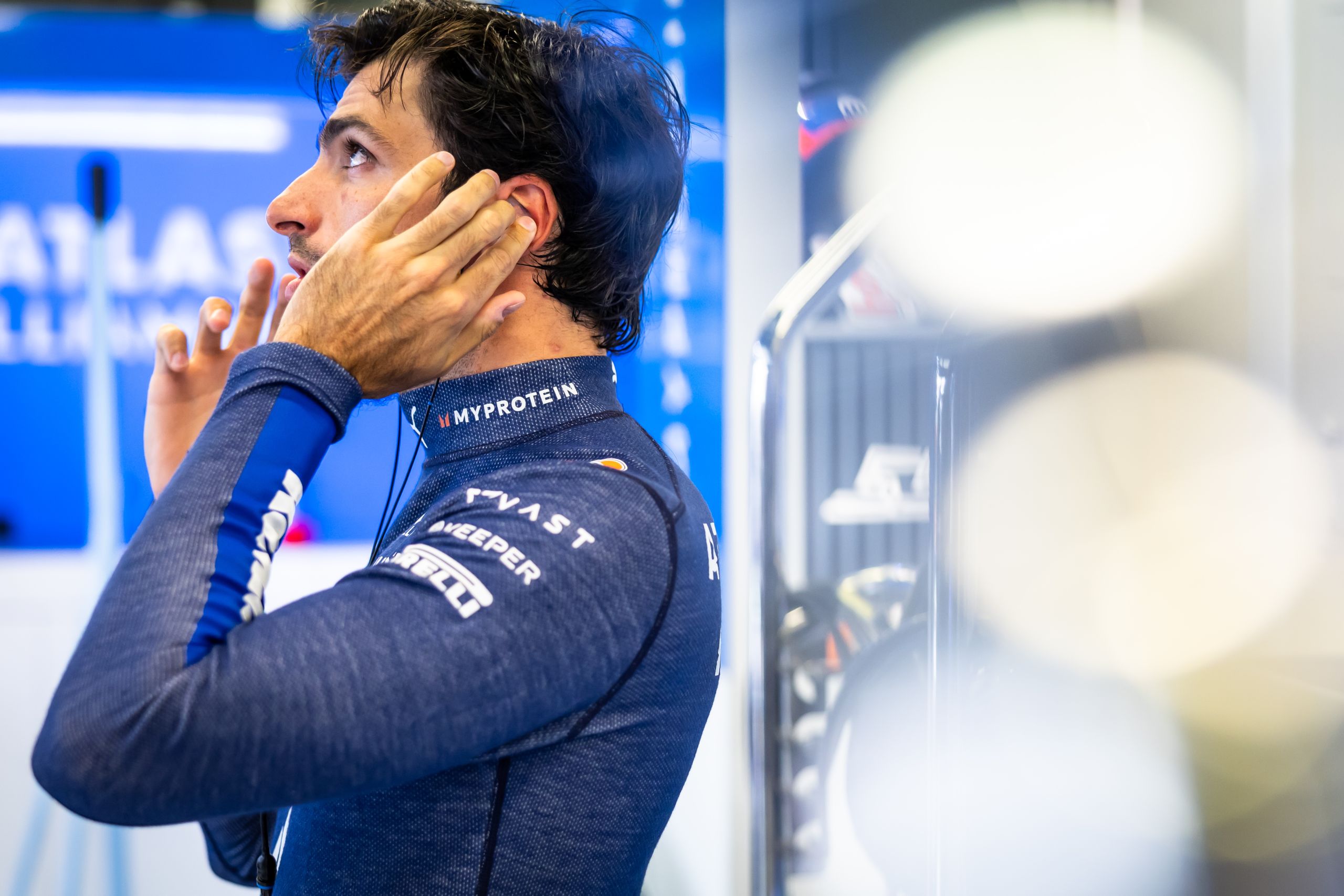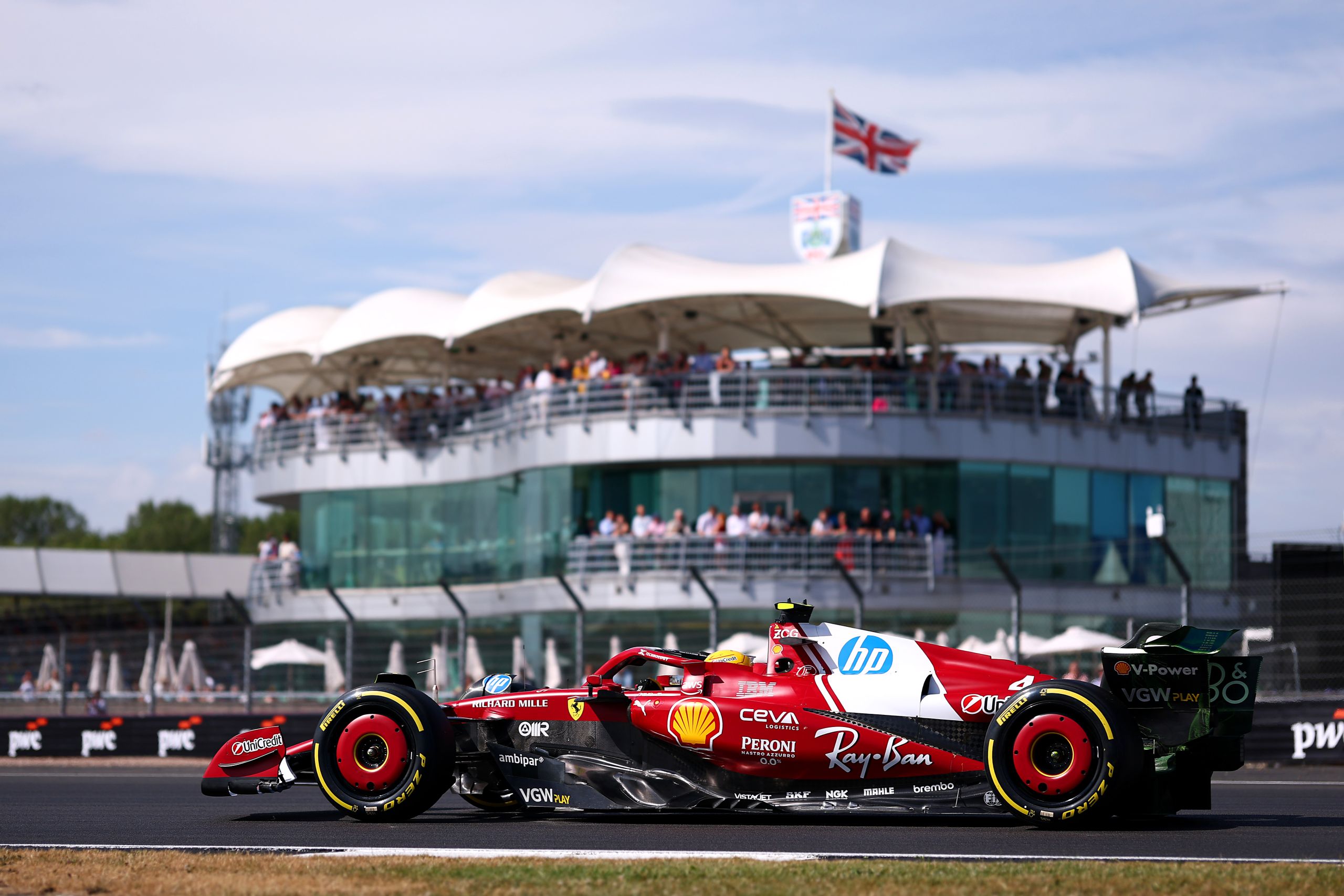F1 Race Track Security And The Scrutiny On The Australian GP
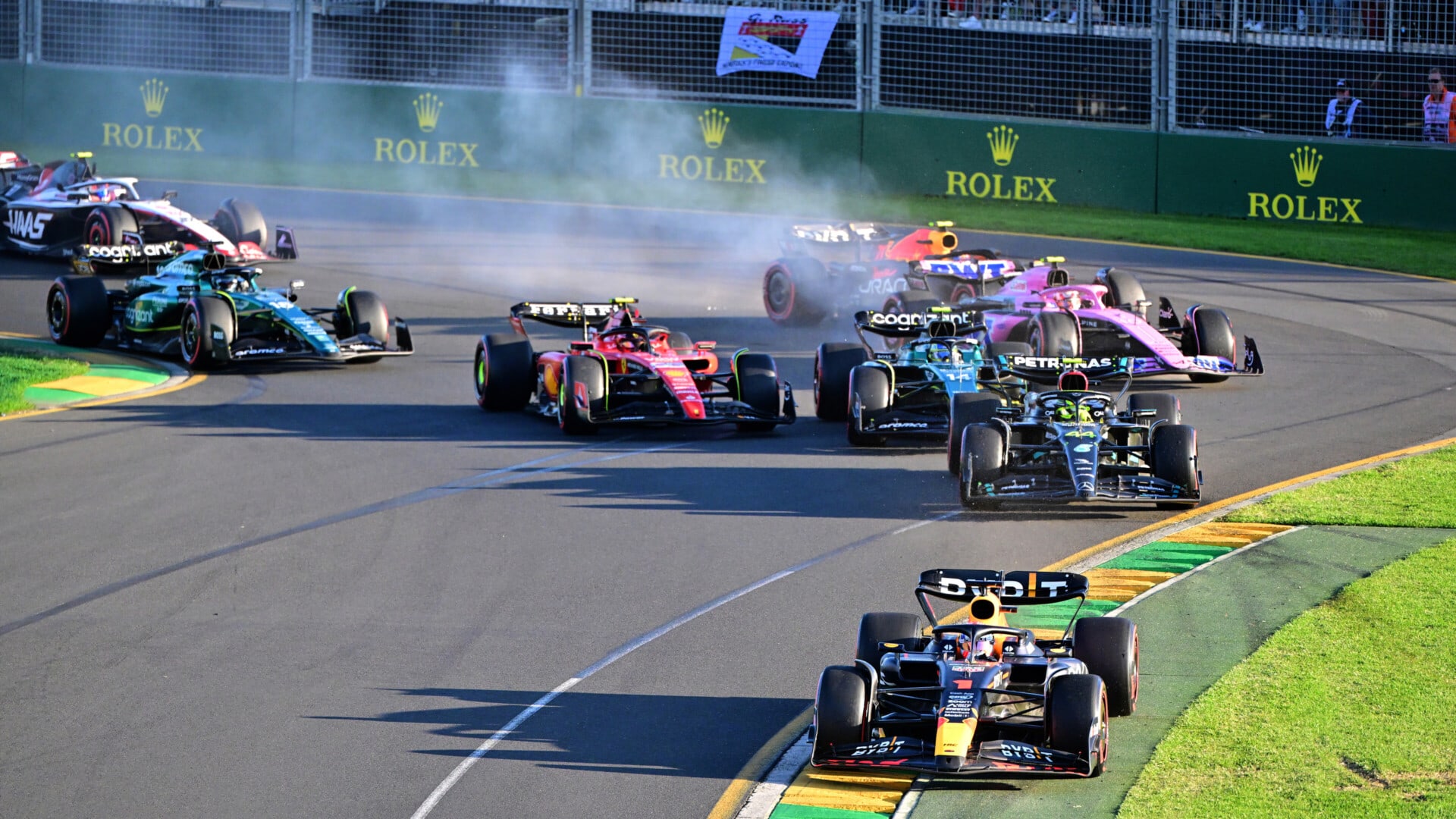
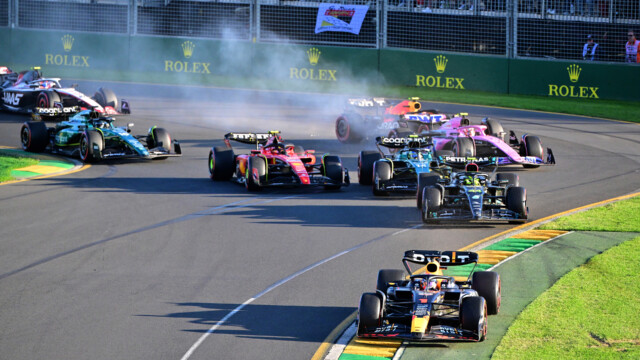
The Formula 1 World Championship is a prestigious global sporting event that attracts millions of viewers and generates substantial revenue for host countries. As a result, security at F1 race tracks is of paramount importance to ensure the safety of drivers, team personnel, and spectators.
This article delves into the complex world of F1 race track security and focuses on the scrutiny surrounding the Australian Grand Prix. Additionally, we will explore the impact of security concerns on betting markets for this high-profile event.
The Importance of F1 Race Tracks Security
The safety and security of F1 race tracks are critical due to the high-speed nature of the sport and the potential risks associated with large crowds. Securing an F1 event requires a multi-faceted approach that addresses various concerns, including terrorism, crowd control, track safety, and cybersecurity.
This comprehensive strategy ensures that all stakeholders, from drivers and teams to spectators and event organizers, can enjoy the race without fear of safety hazards.
Components of F1 Race Track Security
- Physical Security
Physical security measures include barriers, fencing, and access control systems that prevent unauthorized entry to restricted areas. Security personnel and law enforcement officers are deployed to monitor crowds, conduct searches, and respond to potential threats.
- Surveillance
CCTV cameras and other surveillance equipment play a vital role in monitoring activities within and around the race track. This technology enables security teams to identify and respond to any suspicious behavior or incidents rapidly.
- Cybersecurity
With the increasing reliance on technology in modern F1 racing, protecting digital systems from cyber threats is essential. It involves safeguarding communication channels, data storage, and telemetry systems to prevent unauthorized access, data breaches, or cyberattacks that could compromise race operations.
- Crisis Management and Emergency Response
F1 race track security also encompasses crisis management and emergency response planning. It includes having trained medical personnel on standby, firefighting teams, and evacuation plans in case of emergencies such as accidents, fires, or terrorist incidents.
The Australian Grand Prix: Security Scrutiny
The Australian Grand Prix has faced increased scrutiny in recent years due to security-related incidents and concerns. In response, organizers and local authorities implemented a comprehensive security plan that addressed various aspects of race track security, including physical, surveillance, cybersecurity, and crisis management.
Moreover, the Australian Grand Prix faced additional challenges due to its unique location within the city of Melbourne. The Albert Park Circuit is a street circuit that runs through a public park, making it more challenging to secure compared to permanent race tracks. Organizers and security agencies had to implement temporary barriers, road closures, and stringent access control measures to protect the event from potential threats.
Despite these challenges, the Australian Grand Prix has been successful in ensuring the safety and security of drivers, teams, and spectators, proving that effective collaboration between organizers, local authorities, and security agencies can mitigate risks associated with high-profile events.
The Impact of Security Concerns on Betting Markets
Security concerns at F1 events, such as those surrounding the Australian Grand Prix, can have a significant impact on the F1 betting odds and overall betting markets. Bettors may perceive races with heightened security concerns as more unpredictable, leading to changes in odds and betting patterns. In such cases, bettors should consider the potential implications of security-related incidents on race outcomes and adjust their strategies accordingly.
For example, increased security measures can lead to disruptions in team operations, impacting driver performance and race results. Additionally, last-minute changes to race schedules or the cancellation of events due to security threats can result in voided bets or significant shifts in odds. To navigate these challenges, bettors should stay informed about security developments leading up to a race and be prepared to adjust their betting strategy as new information emerges.
Best Practices for F1 Race Track Security
To ensure the safety and security of F1 events, organizers and host countries should consider implementing the following best practices:
- Collaborative Approach
Effective collaboration between event organizers, local authorities, and security agencies is crucial for developing and implementing comprehensive security plans. It includes sharing intelligence, resources, and expertise to address potential threats and minimize risks.
- Risk Assessment and Planning
Conducting thorough risk assessments and developing detailed security plans tailored to each race track’s unique characteristics is essential. It involves identifying potential threats, vulnerabilities, and consequences and devising strategies to mitigate these risks.
- Continuous Improvement
F1 race track security should be viewed as an ongoing process that requires continuous improvement. Organizers and security agencies should evaluate the effectiveness of security measures after each event and identify areas for improvement, incorporating lessons learned and best practices from other events.
- Public Awareness and Engagement
Engaging the public and raising awareness about security measures is crucial for ensuring a smooth and safe event. It includes providing clear information about security procedures, access restrictions and prohibited items to help spectators understand and comply with the rules.
Conclusion
F1 race track security is an essential aspect of ensuring the safety and success of events like the Australian Grand Prix. By implementing a comprehensive security strategy that addresses physical, surveillance, cybersecurity, and crisis management concerns, organizers and host countries can mitigate risks and protect the interests of all stakeholders.

